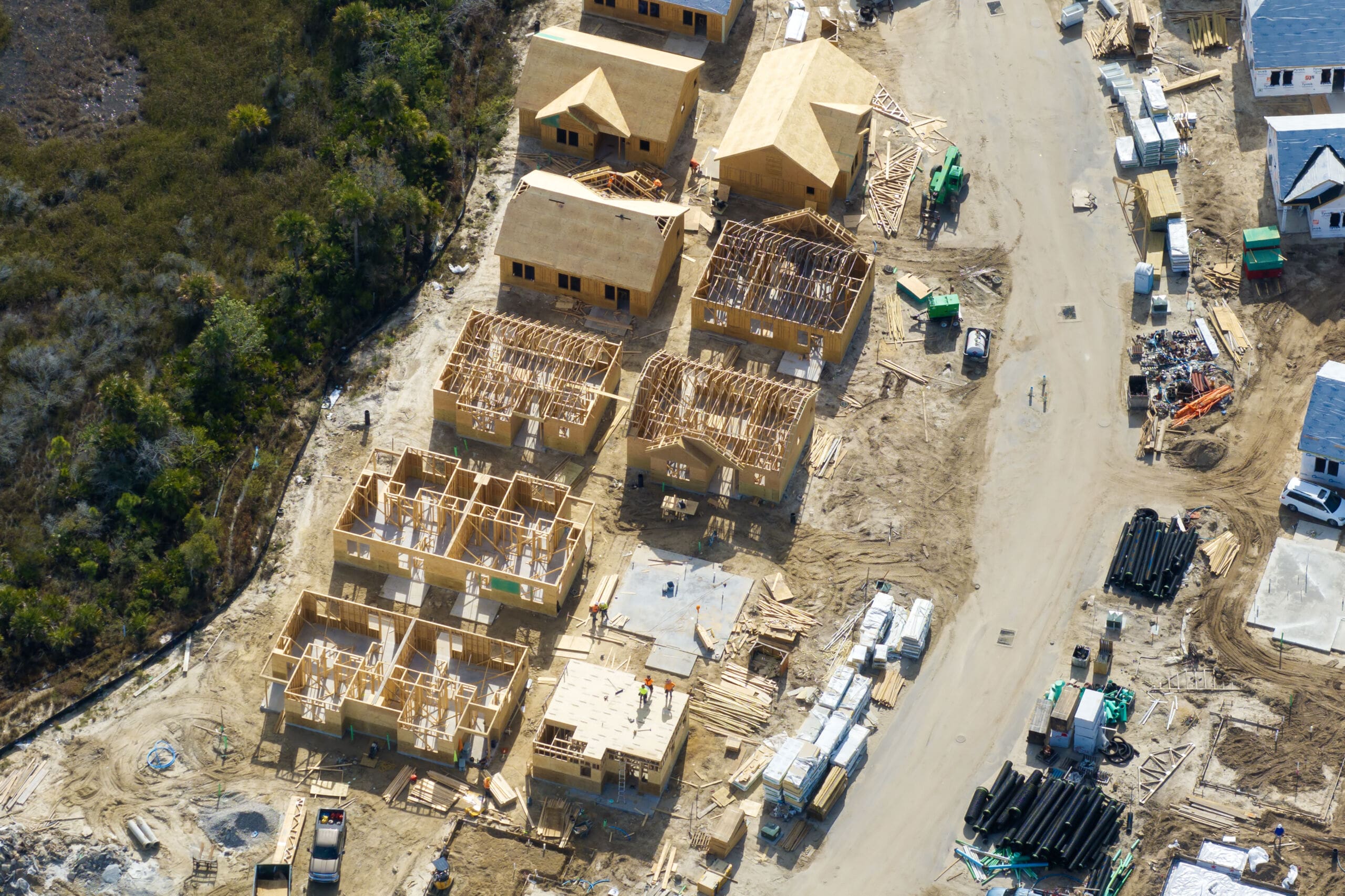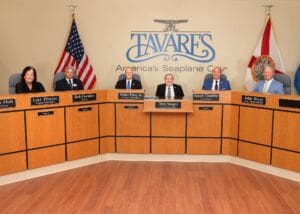“Growth needs to pay for growth,” Council member Troy Singer proclaimed.
Builders weren’t on board with the idea.
“Every dollar matters in the housing market,” Danielle Stroud of Habitat for Humanity in Lake and Sumter counties noted. That is especially true for her clients – teachers, bus drivers and others — who are now renting but trying to buy a home.
Christie Folker with the Home Builders Association of Lake-Sumter urged Council members to phase in the increases.
Instead, Council approved the following consultant’s recommendation for construction of for a single-family home:
· For police, $625, a 190.20 percent increase over the existing fee of $215.37.
· Fire, $664, up 64.85 percent over $402.78.
· Parks and recreation, $1,467, or 233.42 percent over existing $439.99.
· General government, $756, no change.
All together the changes average out to 160.46 percent, going from $1,058.14 to $3,512 for a difference of $2,454.
With most homes selling between $300,000 and $400,000, the increase amounts to one-half of 1 percent, Singer says.
Growth puts pressure on the city, which needs to hire and equip more police officers and firefighters, which is especially costly, city officials say.
“It’s unfair to our citizens,” Sandy Gamble noted.
The population of Tavares, estimated at 21,530 located within 14 square miles, is expected to grow to 28,161 by 2034.
This, at a time when Council members Lori Pfister and Bob Grenier talk about trying to preserve the “small town” atmosphere. Pfister calls it a “quality of life” issue.
City and county officials are increasingly facing residents who are concerned about traffic, school crowding and available water supplies.
New subdivisions at State Road 19 and the Dead River area have added to the traffic jam.
Builders say they are dealing with increased costs in building materials and other issues. After the meeting, a land acquisitions employee with D.R. Horton said he wishes Council had phased in the increased impact fees.
“It would have been less brutal,” says Greg Mackin.
“We have been very good to developers,” Pfister says. The city twice eliminated the fees during the 2008 recession.
State law calls for cities to phase in impact fees but exempts big changes like Tavares new fees if there are “extraordinary circumstances.” In Tavares’ case, those circumstances are “recent large inflationary cost increases and additional capital improvements, based on a significant increase in population growth.”
Folker said after the meeting the city was acting before a new, tougher bill is signed into law by the governor.










